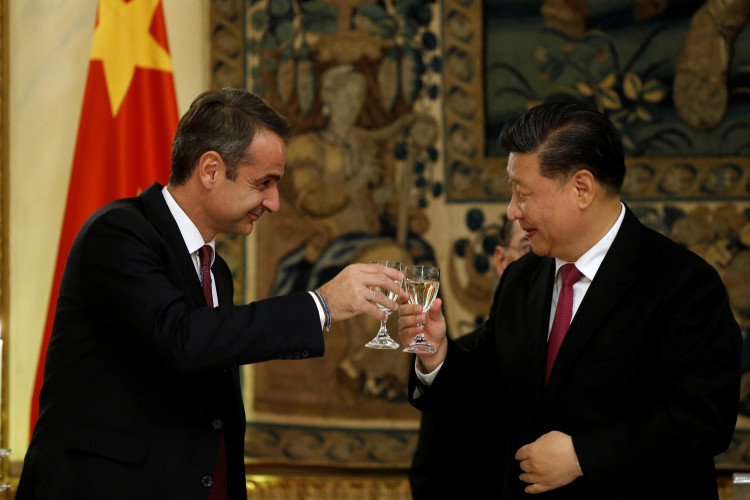Chinese President Xi Jinping is set to embark on a significant diplomatic mission to Europe, visiting France, Serbia, and Hungary from May 5 to May 10. This marks his first European tour in five years and comes at a time when global political and economic security is particularly volatile, especially due to ongoing tensions between major world powers.
The visit aims to bolster China's relationships within the European Union, amid escalating trade disputes and geopolitical tensions. According to Chinese Foreign Ministry spokesperson Lin Jian, the trip is intended to "inject new momentum to the peaceful development of the world" and strengthen strategic communications and practical cooperation with key EU countries.
In France, President Xi seeks to enhance the "comprehensive strategic partnership" between China and France to new heights. This effort comes as bilateral relations face strains over tit-for-tat trade disputes, including Paris's support for a European Commission anti-subsidy probe into Chinese electric vehicle imports and China's subsequent anti-dumping investigation into French brandy.
"China looks forward to working with France to further enhance political mutual trust, solidarity, and cooperation," Lin stated, highlighting the intention to give new impetus to the healthy development of China-EU relations and contribute to world peace, stability, development, and progress.
In Serbia, Xi will meet with President Aleksandar Vucic to discuss ways to upgrade their bilateral relationship. China has deepened its ties with Serbia in recent years, including controversial arms deals that have underscored China's growing influence in the region.
The visit to Hungary is also of notable importance, with China viewing the country as a crucial partner in promoting the Belt and Road initiative and broader cooperation with Central and Eastern European countries. Hungary's role has become increasingly strategic as Prime Minister Viktor Orbán's government has sometimes positioned itself at odds with broader EU and NATO strategies, most recently delaying Sweden's NATO membership.
These visits come at a sensitive time when China's stance on global issues, particularly its neutrality claim in the Ukraine conflict and its relationship with Russia, is under intense scrutiny. Last year, Xi and Russian President Vladimir Putin declared a "no limits friendship," yet China has maintained a neutral façade regarding the conflict in Ukraine.
French President Emmanuel Macron has also indicated a nuanced stance towards China, emphasizing last year that France would not blindly follow the U.S. in international crises, particularly in matters concerning China and Taiwan.
The implications of Xi's trip extend beyond Europe, with potential repercussions for U.S.-China relations as well. U.S. Secretary of State Antony Blinken recently emphasized the importance of "responsibly managing" differences with China during a meeting with Xi in Beijing.
Xi's tour is poised to be a complex balancing act, navigating between fostering stronger EU ties, managing the delicate relationship with Russia amid the Ukraine crisis, and responding to broader international concerns regarding China's global strategy and ambitions.





